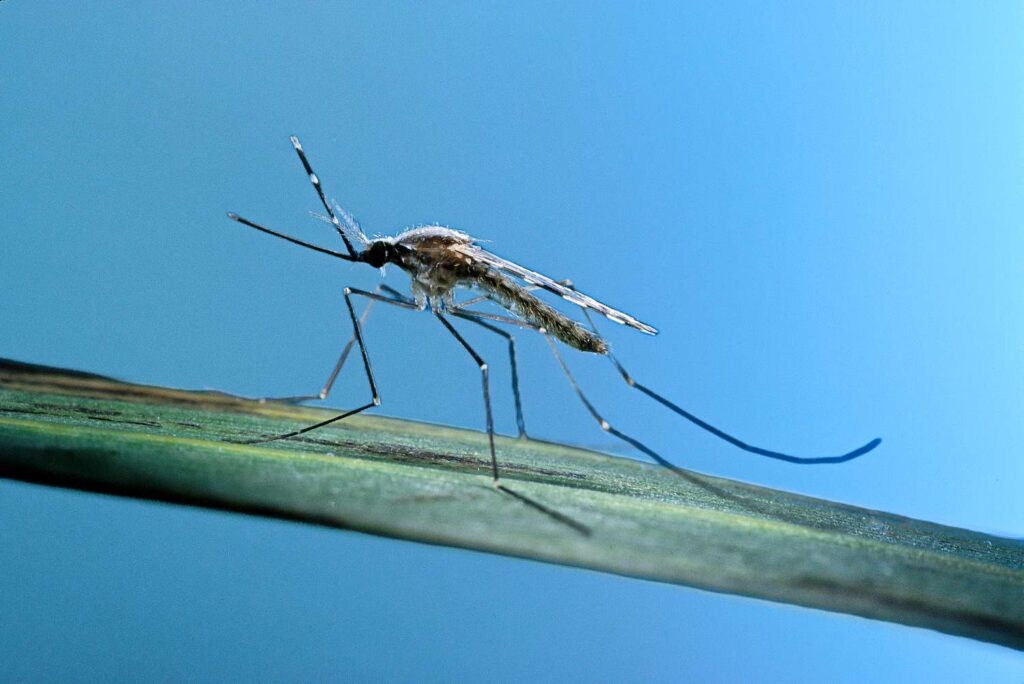
NEW BRUNSWICK, NJ – As summer approaches, the battle against mosquitoes becomes a priority for many homeowners. With over 3,500 mosquito species worldwide, including 400 in the U.S., these pests are more than just a nuisance. Fortunately, Dr. Dina Fonseca, an expert entomologist from Rutgers University, offers insights on how to protect your yard and enjoy the outdoors without the itch.
Mosquito Behavior and Their Biting Habits
Despite popular belief, mosquitoes don’t primarily target humans. “Many mosquitoes wouldn’t bite a person—they bite frogs, birds, lizards,” explains Dr. Fonseca. However, invasive species like the Asian tiger mosquito have adapted to human environments, making them more likely to bite. These mosquitoes thrive due to a lack of natural predators and their ability to exploit local environments.
“Only female mosquitoes bite—they’re little moms getting blood to be able to make eggs,” says Dr. Fonseca.
Active Mosquito Times
Mosquitoes are most active during warm months, particularly from June to September in the United States. They tend to be more prevalent during early mornings and evenings, although some species are active throughout the day.
Effective Mosquito Prevention Strategies
Eliminate Standing Water
The key to reducing mosquito populations is to remove all standing water. “No water, no mosquitoes,” states Dr. Fonseca.
- Clear clogged gutters and install gutter guards.
- Empty containers like plant saucers and recycle bins.
- Maintain swimming pools by circulating and chlorinating the water.
“We cleared out one of those [accordion extension pipes] and found 500 larvae for Asian tiger mosquitoes,” Dr. Fonseca highlights.
Natural Repellents and Yard Maintenance
Planting mosquito-repellent foliage such as lavender, lemongrass, and citronella grass can help. Additionally, maintaining a clean yard by decluttering and filling tree holes can prevent water accumulation.
Industry Response and Expert Analysis
While citronella candles are popular, Dr. Fonseca warns that they are ineffective. Instead, she recommends using DEET-based repellents or lemon eucalyptus oil. “These were the two products that performed best at repelling mosquitoes in a Journal of Insect Science study,” she notes.
Encouraging Natural Predators
Birds, bats, and fish are natural predators of mosquitoes. Setting up bird feeders or bat houses can help attract these animals to your yard, providing a natural method of pest control.
What Comes Next
Homeowners are encouraged to collaborate with neighbors to implement mosquito prevention tactics. “Mosquitoes don’t respect property lines,” Dr. Fonseca advises, emphasizing community efforts in combating these pests.
“Climate change can change the distribution and abundance of mosquitoes,” Dr. Fonseca explains, highlighting the need for adaptive strategies.
For persistent issues, contacting local mosquito control programs can provide additional support. These programs can address environmental changes that may lead to increased mosquito breeding in certain areas.
As the summer months approach, taking proactive steps can help keep your yard mosquito-free, allowing you to enjoy outdoor activities without the nuisance of bites.







